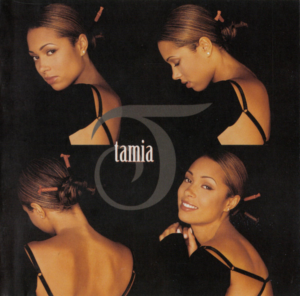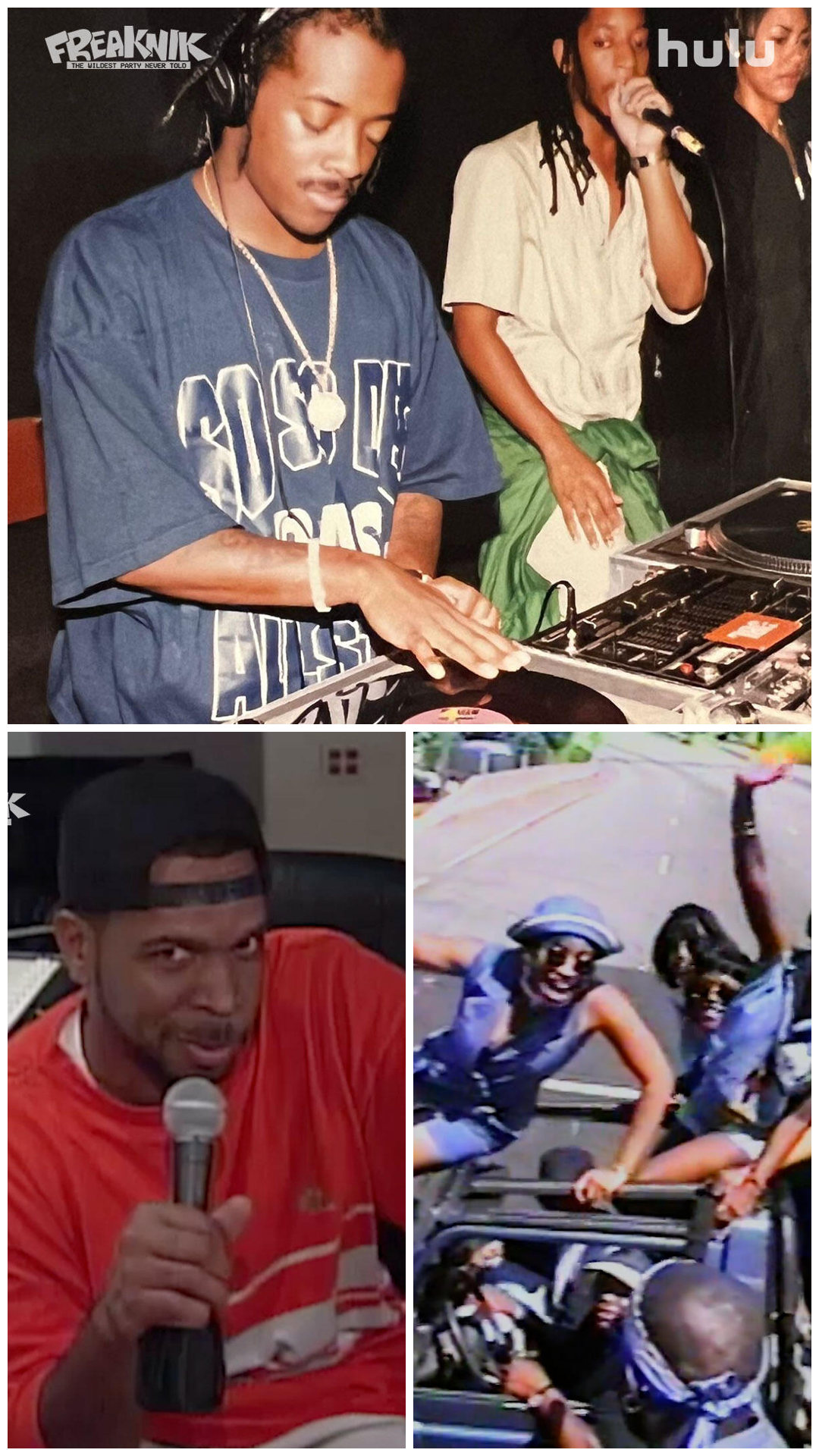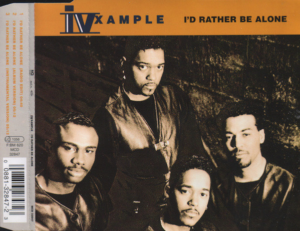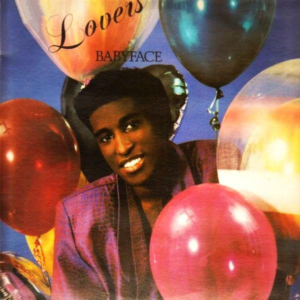After months of memes and anticipation, the Mass Appeal and Swirl Films documentary “Freaknik: The Wildest Party Never Told” finally arrives on Hulu. P Frank Williams directs the documentary, while Hip Hop Luminaries Luther “Uncle Luke Campbell,” Jermaine Dupri, and 21 Savage serve as executive producers.
Opening with a montage highlighting the wild times, “Freaknik: The Wildest Party Never Told” is an exploratory celebration of the exuberant times of Freaknik, the iconic street festival of Atlanta that drew hundreds of thousands of attendees in the 1980s and 1990s, putting Atlanta on the map culturally. It began as a Black college cookout but soon became known for its scandalous tales of highway hookups and legendary late-night parties that ultimately led to the festival’s decline.
At its peak, Freaknik was a traffic-stopping and city-shuttering juggernaut that has since become a cult classic. It is deeply rooted in the history of Civil Rights, successful Black leadership, and a focus on promoting Black culture and education. Atlanta was the only city where such a festival could flourish and prosper. Although it ended over two decades ago, its notorious legacy still resonates through a sense of nostalgia and a new generation’s yearning for a carefree platform that celebrates and promotes Black excellence, joy, and resilience.
The documentary is relatively mild in its portrayal of debauchery. As such, those anticipating something akin to the notorious “Master P’s Ice Cream Party” or “Melanin Girls Gone Wild” may be underwhelmed by the content. Instead, the documentary offers a suitable history lesson and differing but respectable viewpoints from those in the Hip-Hop industry, journalists, athletes, and the founders.
What was most surprising about the documentary was learning how it started and how it blew up over time. We see signs of the community coming together to throw an event, which makes me smile. Watching the documentary also reminded me of my college days, as you see friends not really planning a trip but just winging it and hoping for the best. Learning what caused the “Freaknik” downfall and how much the residents didn’t care for it was somewhat of a surprise.
For the most part, I enjoyed “Freaknik: The Wildest Party Never Told”. However, it’s not without its gripes. The runtime is only eighty-five minutes, so in hindsight, it feels like an appetizer. While I enjoy a good documentary, a fact-based miniseries may have gone more in-depth, as the stories are limitless. Furthermore, it would have been interesting to hear from some law enforcement around then to offer another vantage point.
Nevertheless, “Freaknik”: The Wildest Party Never Told offers many tidbits that make it a recommendation, and I look forward to more documentaries from Mass Appeal.
Final Grade: B+
“Freaknik”: The Wildest Party Never Told” only premieres Thursday, March 21, on Hulu.






